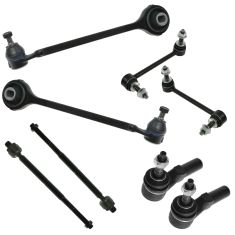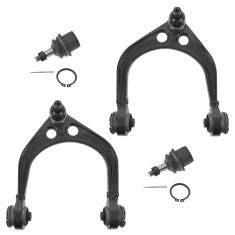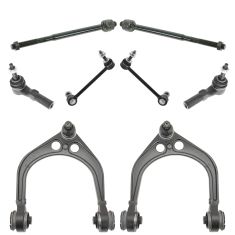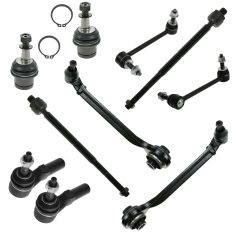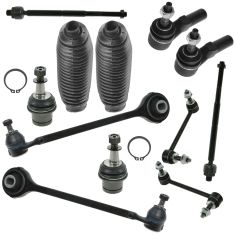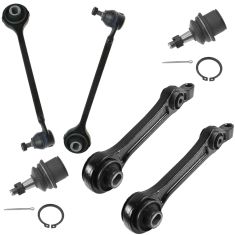1ASFK05687-Dodge Chrysler Front 6 Piece Steering & Suspension Kit TRQ PSA52860
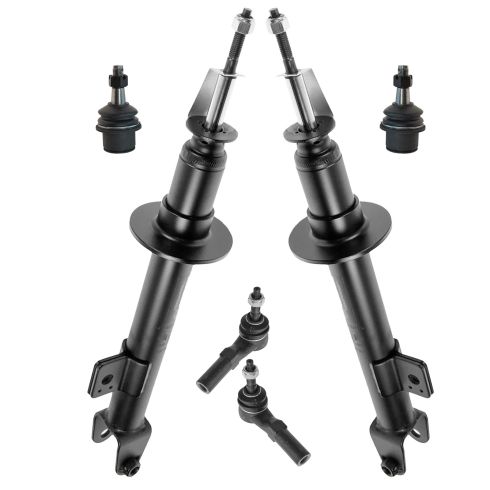
Replaces
2009 Dodge Challenger Front 6 Piece Steering & Suspension Kit TRQ PSA52860

Product Reviews
Loading reviews
There are no reviews for this item.
Customer Q&A
No questions have been asked about this item.
Dodge is a registered trademark of FCA US LLC. 1A Auto is not affiliated with or sponsored by Dodge or FCA US LLC.
See all trademarks.













